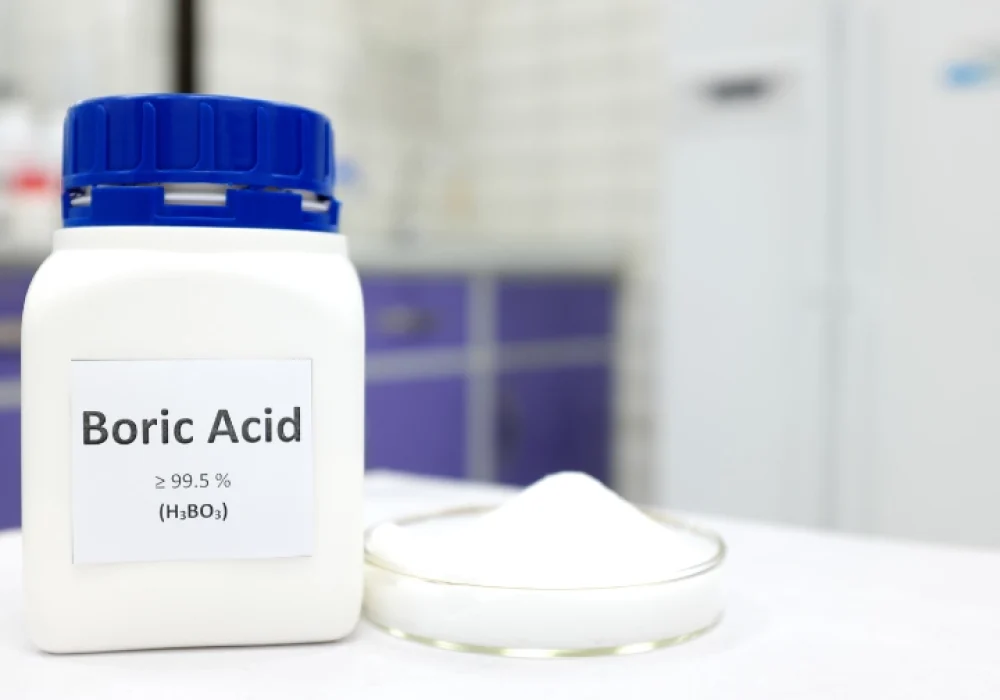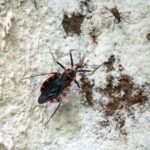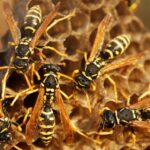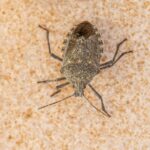Roaches are a common household pest that can pose health risks and create an uncomfortable living environment. When faced with a roach infestation, homeowners often seek effective pest control solutions.
One widely discussed option is boric acid, a naturally occurring compound known for its insecticidal properties. This blog aims to evaluate the effectiveness of boric acid in controlling roaches and provide homeowners with insights into its application and limitations.
What is Boric Acid?
Boric acid, also known as hydrogen borate, is a white powder that has various applications, including:
- Pest control
- Antiseptics
- Antifungal treatments
In pest control, it acts as a slow-acting insecticide that targets a range of pests, particularly roaches. Typically, boric acid is available in powder form, making it easy to apply in targeted areas where roach activity is observed.
How Boric Acid Works Against Roaches
Boric acid works effectively against roaches through its unique mode of action. When ingested or contacted, boric acid disrupts the roach’s digestive system and affects their nervous system, ultimately leading to dehydration and death.
The slow-acting nature of boric acid allows roaches to return to their nests, where they may inadvertently poison other roaches through contact or consumption, leading to more effective population control. It is essential for roaches to ingest the boric acid to experience its lethal effects, making baiting strategies crucial for success.
Effectiveness of Boric Acid for Roach Control
Research and expert opinions generally support the effectiveness of boric acid in controlling roaches. Various studies have demonstrated its ability to reduce roach populations significantly when applied correctly.
Cockroach exterminators in Manchester, NH often recommend boric acid as part of an integrated pest management approach, particularly for minor to moderate infestations.
However, while boric acid can be effective, it is not a standalone solution and works best when combined with other pest control methods like traps and sprays.
Boric Acid Application Methods for Cockroach Removal
Using boric acid effectively requires following best practices for application. Here are some key recommendations:
- Best Practices: Apply boric acid in areas where roaches are commonly seen, such as kitchens and bathrooms. This targeted approach increases the chances of roaches coming into contact with the substance.
- Targeted Locations: Focus on cracks, crevices, and hidden spaces behind appliances and furniture where roaches may hide. These areas are prime spots for roach activity and are often overlooked.
- Formulation: Use a mix of boric acid with sugar or other attractants to entice roaches to consume it. The sugar helps lure roaches in, making them more likely to ingest the poison.
- Amount: Use a light dusting of boric acid; excessive amounts can deter roaches from approaching. A thin layer ensures that roaches will crawl through it without being discouraged by large quantities.
- Reapplication: Reapply boric acid after cleaning or if you notice new roach activity to maintain effectiveness. Consistent monitoring is crucial for long-term control.
Limitations and Considerations
While boric acid can be an effective tool for roach control, it does have limitations and considerations:
- Severe Infestations: Boric acid may not be effective for very high infestations, requiring more aggressive methods. In such cases, professional pest control in Manchester, NH may be necessary.
- Resistance Issues: Some roach populations may develop resistance to boric acid, making it less effective over time. Rotating pest control methods can help mitigate this issue.
- Environmental Concerns: Consider the potential impacts on pets and children; use with caution in homes with vulnerable occupants. Ensure that boric acid is applied in inaccessible areas to minimize exposure.
- Integrated Approach: It is advisable to use boric acid in conjunction with other pest control methods for the best results. Combining techniques enhances overall effectiveness and addresses various aspects of roach behavior.
- Long-Term Strategy: Regular monitoring and preventive measures are essential to keep roaches at bay even after initial treatment. Maintaining cleanliness and addressing entry points can significantly reduce the likelihood of future infestations.
Conclusion
Boric acid is indeed an effective solution for controlling roaches when applied correctly and as part of a comprehensive pest management plan. Homeowners considering boric acid for pest control should be mindful of its application methods and potential limitations.
For severe infestations or persistent issues, it is recommended to seek professional pest control in Manchester, NH to ensure a thorough and effective resolution. By understanding how to utilize boric acid effectively, you can take proactive steps to maintain a roach-free home.






